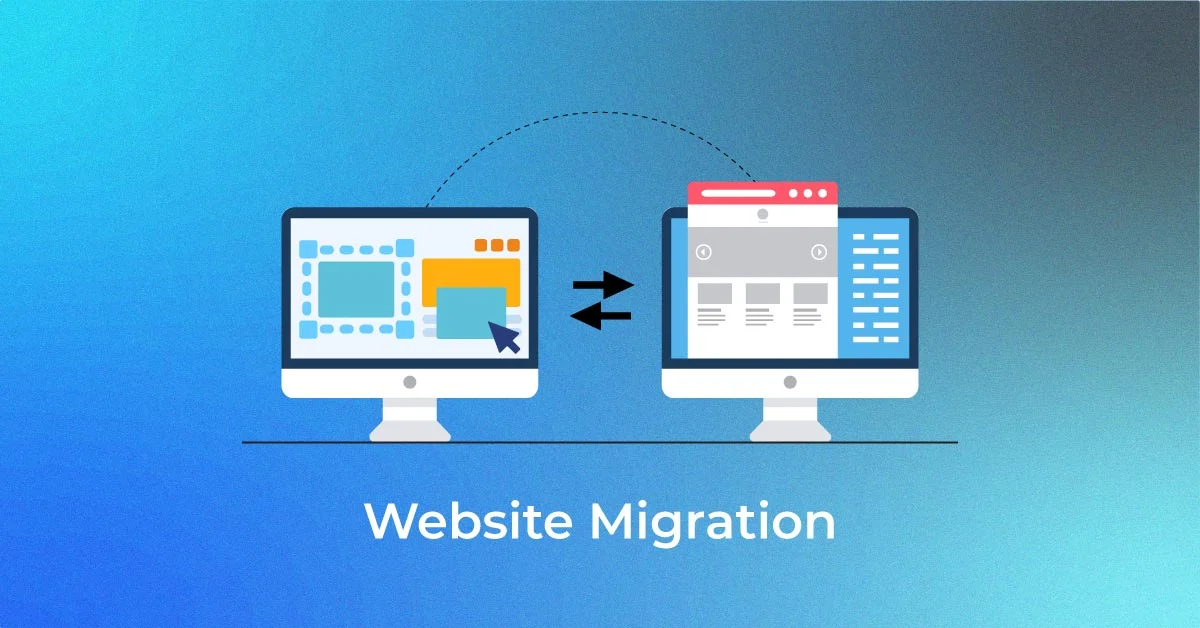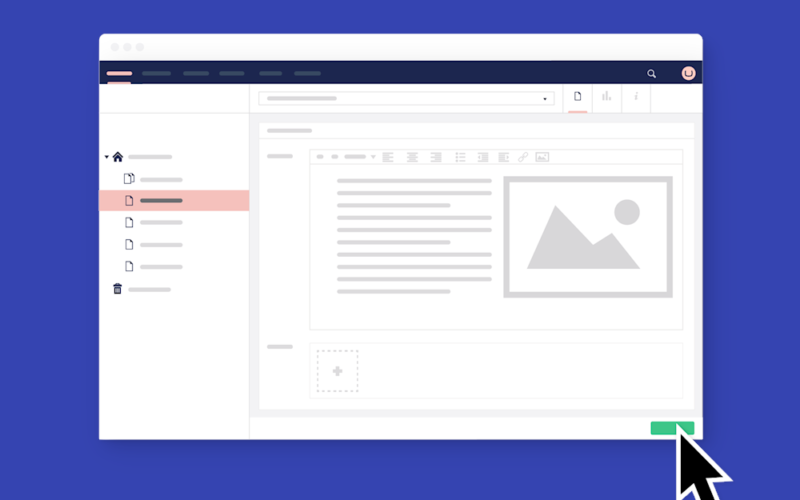How Small Businesses Can Conquer Their Greatest SEO Challenges
It doesn’t matter how small your business is, every business can benefit from SEO. And there’s no better time to get started with your SEO services tailored for small businesses.
SEO is a critical part of any businesses digital marketing strategy, and it should be no different for small businesses. That being said, small businesses do face some challenges when it comes to SEO.
Did you know that over 90% of online experiences begin with a search engine? Impressive, right? But if your small business website isn’t optimised in the right way for SEO, you could be missing out on traffic, sales and ultimately business revenue.
While SEO is incredibly important, it can also be complex. Let’s dive in.
Top challenges small businesses face when it comes to SEO and how to overcome them
1) Targeting your audience
Knowing who your target audience are is incredibly important for SEO. When you know who your target audience is, you can understand what they’re looking for as well as the common problems they face.
This can help to transform your SEO strategy from the type of content you create, through to the platform you promote your business on.
But many small businesses struggle with defining their target audience as they cast the net too wide, looking to get as many sales as possible. While this probably sounds like a good strategy, it’s negatively affecting how you rank on search engines.
How to overcome it:
If you’re a new business, it’s likely you don’t have much data to dive into. If that’s the case, consider conducting market research to help you understand your target audience’s interests, preferences, and challenges as this will help you to focus-in on your SEO efforts more effectively and tailor your strategy to meet their needs.
By focusing your SEO efforts on one consumer first, and aligning your strategy to their needs, you can create a personalised user experience that drives and delivers positive results.
2) Budget Limitations
If you own a small business, chances are you have a limited budget for everything including SEO. But spending some budget on SEO is important for your business as search engines are one of the main sources of organic traffic to your website. Not just that, but it helps to drive the right organic traffic – and that’s super important as it means you’re resonating with your target audience.
How to overcome it:
Just because you have a tight budget doesn’t mean that you can’t invest in your digital marketing strategies. In fact, you can still get a lot out of SEO even with a small budget. You just need to ensure your budget is focused into an area whereby your budget can still make a difference. The last thing you want is to have a small budget being spread too thin otherwise results will likely be underwhelming.
3) Too broad focus on keywords
Another challenge small businesses face is focusing on keywords that are too generic. Your aim with SEO is to rank high for a particular keyword, or set of keywords, but there is no way of achieving this if your keywords are too broad.
Google prioritises content that is relevant to what users are searching for, so it should come as no shock that your website won’t rank well if you’re focusing on generic keywords.
How to overcome it:
In order to avoid this, you should stop using generic keywords that could apply to a tonne of businesses, and instead be more selective. For example, if you’re a hairdresser specialising in balayage in the Kent area, rather than using ‘Balayage hairdresser’ use more targeted keywords such as ‘Balayage specialist in Kent’ or better yet, pinpoint the exact area eg. ‘Balayage specialist in Maidstone’ as this will give you much better-quality leads
4) Your website structure is hindering organic search growth
Believe it or not, the structure of your website can affect how your web page ranks on search engines. That’s right, a good site architecture can help your pages to rank higher on Google because it has the ability to easily communicate to Google what your website is about – which is the first step to appearing in search results.
Put it this way, imagine you enter a restaurant for the first time. You won’t immediately know where everything is. But you’ll know from context that there should be cooking appliances in the kitchen, a toilet in the bathrooms, and so on.
But imagine you walk into the bathroom and see a cooker. That might leave you wondering whether the room you’re in is a bathroom or a kitchen. And that’s how Google works when it comes across a website with a bad structure.
How to overcome it:
You want to make sure that your website structure has a solid foundation ready to be built on top of. If it doesn’t, or if it has become too messy then setting up a new website could be a better solution as it allows you to start from scratch.
5) Your website isn’t optimised for mobile
Over 70% of purchases are now made via our smartphones which is why it’s more important than ever to have a website that is optimised for mobile, especially considering this is one of the biggest ranking factors on Google.
How to overcome it:
It might sound obvious, but one solution is to make it your priority to create a website that is mobile-friendly. This includes making sure your website works effectively on mobile devices, ensuring that your content is mobile friendly, and using mobile-first strategies.
Working with a reputable SEO consultant can also help to ensure that your mobile optimisation efforts are best in class.
6) Content not hitting the mark
Irrelevant content doesn’t bode well for Google’s algorithm. Not only will it push you further down the results page, but it may even think your content is spam – which is even worse. If you want to gain organic clicks from search engines, you need to produce relevant content.
How to overcome it:
You need to give your content a big overhaul! Not only does it need to be engaging and offer value to your visitors, but it needs to be specifically targeted towards your audience group.
If you’re offering high quality content it’s more likely that visitors will stay for longer on your site, helping to lower your bounce rate and this can indicate to search engines like Google that your site is a reliable source of information so that next time someone googles something that your business offers, It’s more likely to rank.
7) Not setting up reporting for monitoring purposes
Tracking and measuring your SEO success using relevant reports is absolutely vital. Monitoring your website’s traffic, bounce rate, and other metrics lets you identify whether your current SEO strategy is working and allows you to see areas for improvement through data.
How to overcome it:
There are many great tools available on the marketplace such as Google Analytics or SEMRush that can help you to see how your website is performing. Alternatively working with a freelance SEO consultant can also help you as they can identify flags early on so that you can work on them straight away.
Conclusion
SEO is a must for small businesses looking to grow their visibility online and attract new customers. By overcoming these common SEO challenges and focusing on your goals, you can create an effective strategy even on a budget. Coupled with the right reporting you can plot a pathway for success.
If you’re interested in SEO services for your small business, get in touch with us today.
Who are Egnetix Digital?
Egnetix Digital is a leading SEO consultancy based in Kent, with over ten years of expertise. We specialise in optimising small business websites powered by Umbraco CMS, deploying strategic SEO tactics to enhance online performance. Our in-depth knowledge of Umbraco allows us to unlock the platform’s full potential, helping your brand stand out in crowded markets. Looking for an SEO partner who understands the nuances of small businesses and can turn your Umbraco site into a key business driver? Reach out to Egnetix Digital today.














